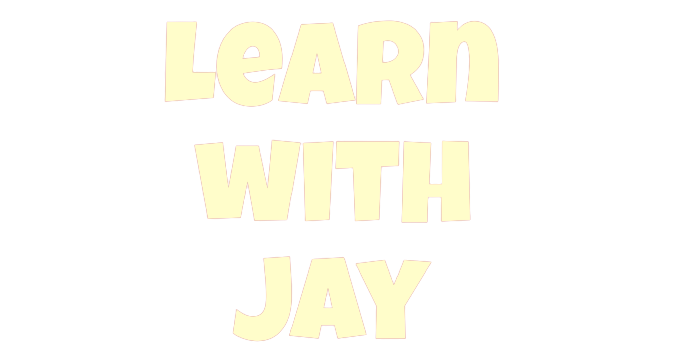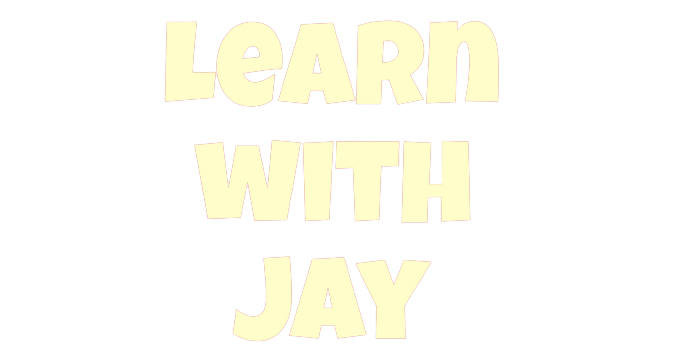- Ruby is a dynamic, object-oriented programming language known for its simplicity, flexibility, and elegant syntax.
- It was created by Yukihiro Matsumoto (also known as "Matz") in the mid-1990s with the goal of combining the best features of several programming languages.
Here are the key details about Ruby:
Dynamic Typing:
Ruby is dynamically typed, meaning you don't need to declare the type of a variable explicitly. The type is determined at runtime.
Object-Oriented:
Everything in Ruby is an object, including primitive data types. This leads to a more consistent and intuitive programming experience.
Elegant Syntax:
Ruby's syntax is designed for readability and expressiveness. It uses a natural language-like syntax that makes code easy to understand.
Blocks and Closures:
Ruby supports blocks and closures, which are chunks of code that can be passed around and executed later. This enables powerful constructs like iterators and higher-order functions.
Dynamic Reflection and Metaprogramming:
Ruby's dynamic nature allows you to introspect and modify objects at runtime, making it a popular choice for metaprogramming.
Garbage Collection:
Ruby includes automatic garbage collection, which helps manage memory and frees developers from manual memory management concerns.
Standard Library and Gems:
Ruby comes with a rich standard library that provides a wide range of built-in classes and modules for common tasks.
The RubyGems package manager allows you to easily install third-party libraries (gems) to extend the functionality of your applications.
String Manipulation:
Ruby excels at string manipulation, offering powerful features like string interpolation, regular expressions, and a wide array of string methods.
Object Initialization:
Ruby provides a clean and concise way to define constructors and initialize objects.
Meta-Object Protocol (MOP):
Ruby's MOP allows you to modify the behavior of classes and objects at runtime, enabling advanced metaprogramming techniques.
Duck Typing:
Ruby follows the "duck typing" philosophy, which means that the type of an object is determined by its behavior rather than its class hierarchy.
Community and Frameworks:
Ruby has a vibrant and active community, and it's particularly well-known for the Ruby on Rails framework, which is used to build web applications.
Cross-Platform:
Ruby is cross-platform, meaning you can develop and run Ruby code on various operating systems.
Interpreted Language:
Ruby is typically interpreted, although there are also implementations like JRuby (runs on the Java Virtual Machine) and Rubinius (a bytecode VM).












0 Comments